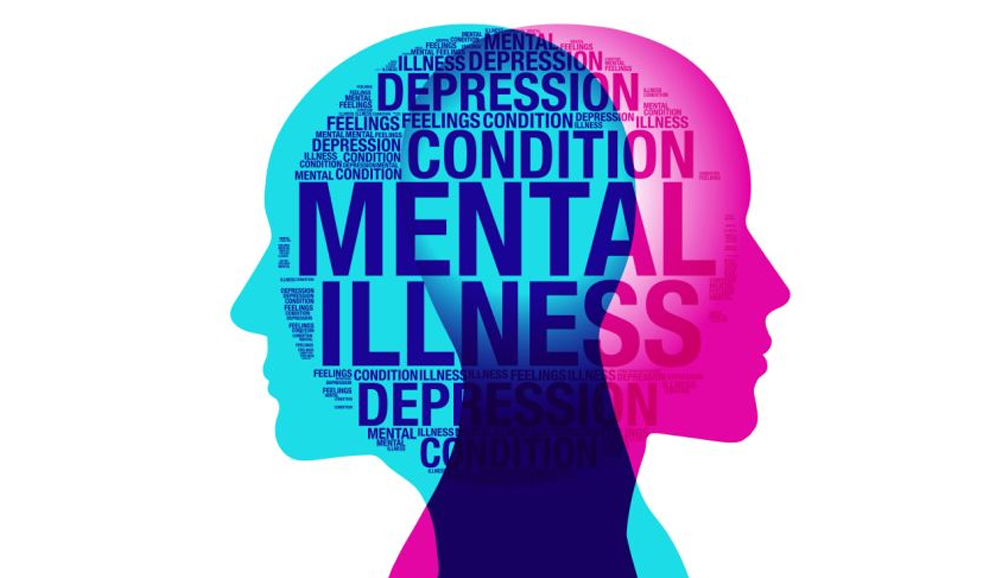Online therapy has become an increasingly popular and effective means of providing mental health support, offering numerous advantages that make it a compelling alternative to traditional in-person therapy. As the digital age progresses, the integration of technology into mental health services has opened new avenues for individuals seeking support, making therapy more accessible, convenient, and personalized than ever before. By leveraging the benefits of online therapy, individuals can overcome various barriers to mental health care and receive the help they need to achieve and maintain mental well-being. One of the most significant advantages of online therapy is its accessibility. Traditional therapy often requires individuals to travel to a therapist’s office, which can be challenging for those living in remote or rural areas with limited access to mental health professionals. Online therapy eliminates this geographical barrier by allowing individuals to connect with licensed therapists from anywhere with an internet connection. This means that people in underserved areas can receive the same quality of care as those in urban centers, ensuring that everyone has the opportunity to seek mental health support regardless of their location.

Convenience is another key benefit of online therapy. In today’s fast-paced world, finding time for self-care can be difficult, especially for those with demanding jobs, family responsibilities, or other commitments. Online therapy offers flexible scheduling options, including evenings and weekends, allowing individuals to book sessions at times that fit their busy lives. This flexibility makes it easier to commit to regular therapy sessions, which are crucial for effective treatment and long-term mental health improvement. Moreover, online therapy eliminates the need for travel time and waiting rooms, further reducing the time commitment and making it a more practical option for many people. The privacy and anonymity offered by online therapy can also be a significant advantage, particularly for those who may feel uncomfortable seeking help in a traditional setting. The stigma associated with mental health issues often prevents individuals from reaching out for support. Online therapy provides a confidential and secure environment where individuals can feel safe discussing their concerns without fear of judgment. This increased privacy can encourage more people to seek the help they need, leading to better mental health outcomes overall.
Another notable advantage of online therapy is the variety of therapeutic approaches available. Digital platforms often offer a wide range of therapy options, such as cognitive-behavioral therapy CBT, dialectical behavior therapy DBT, and mindfulness-based stress reduction MBSR. This diversity allows individuals to choose the type of therapy that best suits their specific needs and preferences, ensuring a more personalized and effective treatment experience. Additionally, many online therapy platforms provide access to various mental health professionals, enabling users to find a therapist whose expertise and approach align with their individual goals. Online assessments are an integral part of the online therapy experience, providing valuable insights into an individual’s mental health status and Visit Site. These assessments can include standardized tests, questionnaires, and interactive tools that help therapists develop tailored treatment plans. By offering comprehensive evaluations, online assessments ensure that individuals receive targeted and effective interventions based on their unique needs and circumstances.
